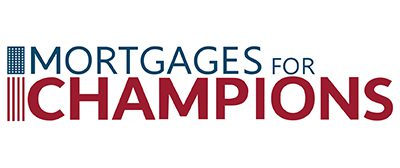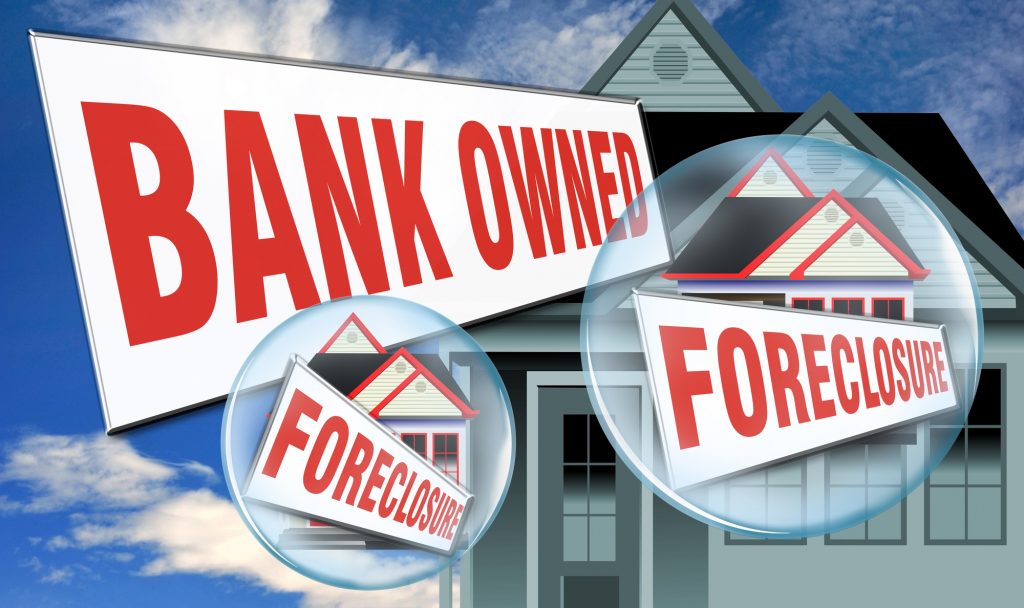Mass Foreclosures: Is your State Susceptible?
The term, mass foreclosure, usually refers to a high foreclosure rate in a certain area. This could be a neighborhood, city, state, or even a nation.
For example, the 2008 U.S. recession caused a housing market crash. Ten million Americans lost their homes to foreclosures. This is the most recent example of mass foreclosures in our nation.
As the eviction moratorium comes to an end, some fear we’re headed for a similar crisis. But are we? Keep reading to find out more about how foreclosure rates in your area can affect you.
What Is Foreclosure?
When a homeowner is no longer able to make payments on their mortgage, they may forfeit their property. This could be to a bank or other financial institution that manages their mortgage. Instead of making a traditional sale, the house goes into foreclosure.
Homeowners usually view foreclosure as a last resort. If a homeowner’s mortgage is greater than their home value it may be their best option.
Foreclosed homes are often sold for much less than they are worth. Sometimes it’s because they need extensive repairs and/or updates. Other times, the home is in great condition, but the financial institution holding it wants to get rid of it as soon as possible.
Holding property can be expensive and time-consuming for companies or financial institutions. Many times, the company will ask only the price of the mortgage for the home. That way they won’t lose money on the deal and won’t have to take care of a property.
The Impact of Foreclosure Rates
Many people don’t realize the ripple effects created by foreclosed homes. If foreclosures don’t sell quickly, they may fall into disrepair or neglect. This could decrease neighboring property values.
Foreclosure sales may bring down the neighborhood sale price average as well. If there’s more than one foreclosure sold in a neighborhood, it could decrease the excepted sale price for comparable neighboring homes.
Real estate investors buying a foreclosure may want to rent it out. If the property owner is attentive and maintains the property, this isn’t an issue. However, if the renters or rental owners are negligent in their conduct and care, it can bring down neighboring home values.
Rental homes can also deter potential home buyers from purchasing neighboring homes. This can make those homes more difficult to sell.
Buying a Foreclosure
Buying a foreclosure can be a great bargain for those who have done their research. Anyone buying a foreclosure should research property history and understand exactly what they are buying.
Pros
Foreclosed homes are often heavily discounted. If you know where to look for them, you can find a great bargain. First-time homebuyers or those new to buying foreclosures will likely benefit from working with a real estate professional.
Foreclosed homes are very likely to increase in price, making them a good investment. Fix-and-flippers should calculate the cost of repairs when considering how much profit they project from foreclosed properties.
Fixing and flipping can be a great improvement for neighborhoods as well. Neighbors will appreciate the increase in neighboring property values.
Anyone can go into foreclosure. That’s why there are foreclosed homes in almost any price range. This makes buying a foreclosure widely available to home buyers with small to unlimited budgets.
Cons
Buying a foreclosure isn’t an easy two-step process. There’s usually fierce competition and oftentimes competitive auctions. Cash is king when buying a foreclosure. Setting up financing takes a lot longer than writing a check from your bank account.
Foreclosed homes can come with hidden problems. Most are sold in as-is condition. This means buyers could be walking into extensive repairs.
Neighborhoods with several foreclosures take longer to bounce back. Improvements often take time. This means your foreclosed home may not increase in price as quickly as one in another neighborhood. Homes take time to appreciate and much of that depends on the home’s location.
Financing a Foreclosure
Financing a foreclosure isn’t as fast as cash, but it can be done. First, contact a financial institution and get pre-approved for a loan. This is more than just pre-qualifying.
The lending party will provide the recipient with a pre-approval letter. This letter serves as proof that you have financing available to you.
Search for perks. Are you a teacher, government employee, healthcare worker, or veteran? Lenders like RealFi have access to assistance programs available to home buyers from many walks of life.
Foreclosures Across the Country
U.S. Foreclosures jumped 94% from November 2020 to November 2021. This is no surprise as the U.S. was under a mortgage moratorium until Sept 2021.
What makes a state, county, or neighborhood prone to foreclosures? Several factors come into play. States that don’t see a big bounce-back in economic growth seem to have more foreclosures.
Other states with high pandemic layoff rates (think energy and oil) are now seeing a spike in once dormant demand. Since they had to trim their workforce while demand dropped, these industries are struggling to fill positions. This slows local economic growth and affects the housing market.
States With the Most Foreclosures
These states had the highest foreclosure rates in November of 2021.
- Illinois
- Florida
- Ohio
- Delaware
- New Jersey
- Nevada
- South Carolina
- Indiana
- Maine
- Maryland
One in every 3,187 Illinois housing units filed for a foreclosure in November 2021. Florida was close behind with one in 3,319 foreclosed.
States With Fewest Foreclosures
What about states with homes less prone to foreclosure?
- District of Columbia
- Vermont
- West Virginia
- South Dakota
- Oregon
- Nebraska
- Washington
- Idaho
- Kansas
- New Hampshire
These U.S. States saw the lowest national foreclosure rates in November 2021.
Avoiding Foreclosure
Homeowners and lenders want to avoid foreclosures if at all possible. Neither party wants to go through the hassle, paperwork, and stress of a home foreclosure. What should homeowners do if they can’t make payments?
Homeowners almost always have the option for a traditional sale. By communicating with the mortgage lender, homeowners may be able to come to an agreement about their home sale.
Eviction
Eviction happens when a renter is asked to move out of their residence. Eviction notices are served to those who are not fulfilling or violating their rental agreement. Some people are evicted for violating behaviors or property.
Others experience eviction because they aren’t able to make rent payments. With many Americans losing income during the COVID-19 pandemic, national evictions have been on the rise.
State and federal programs are available, but are sometimes confusing to renters and landlords. The aid that exists takes time and resources to utilize, which is something renters don’t always have.
Cities With Higher Eviction Rates
Columbus, OH, Tampa, FL, Indianapolis, IN, and Milwaukee, WI saw a 75% jump in eviction filings between August and November 2021. This was likely a result of the expiring eviction moratorium, but could also correlate with state renter protection programs.
Cities and states with fewer legal protections for renters saw higher increases in evictions.
Eviction Rates in Your Area
Wondering about your area? Head to Evictionlab.com to find current eviction rates near you.
Individuals evicted from their homes often have to place to go. This increases the amount of homelessness in the community. Homeless individuals often experience inequalities in healthcare, job opportunities, and access to social programs.
As a result, entire communities are affected by mass evictions.
Mass Foreclosures
If you’re interested in financing a foreclosure or traditional home sale, check out assistance programs. Mass foreclosures and evictions are often a result of less economic growth. The end of COVID-19 eviction and mortgage moratorium as caused an increase in foreclosures in 2021.
Buying a foreclosure can provide a quick return on your investment or a steep loss of hard-earned cash. Find out as much about a foreclosed home as you can before buying. If you’re not sure how to find out, hire a real estate agent to help you.
It’s important to secure a letter of pre-approval from your financial institution before searching for that perfect foreclosure property. A pre-approval letter gives you better buying power when buying a foreclosure.
Mortgages for Champions Can Help You
Are you interested in buying from an area with mass foreclosures? Maybe you’d like a more traditional home buying experience. If you’re a current or retired government worker, EMS, educator, firefighter, nurse, Military member, or law enforcement, Mortgages for Champions is for you.
Mortgages for Champions is a brand of the RealFi program. Qualifying individuals can pay no lender closing costs and benefit from other federal and state programs.
Check out our website to request info, find testimonials, and learn more about buying a home. Let Mortgages for Champions partner with you in your home buying journey today.
Related Articles – How Will the Omicron Variant Affect Mortgage Rates? Is Now a Good Time to Buy a House? Are Housing Speculators Driving up Home Prices? Best Healthcare Workers Mortgage & First Time Home Owners Program Mortgages for Champions Special Mortgage Programs: What You Need to Know Mortgages For Champions – Best Mortgages for Doctors


